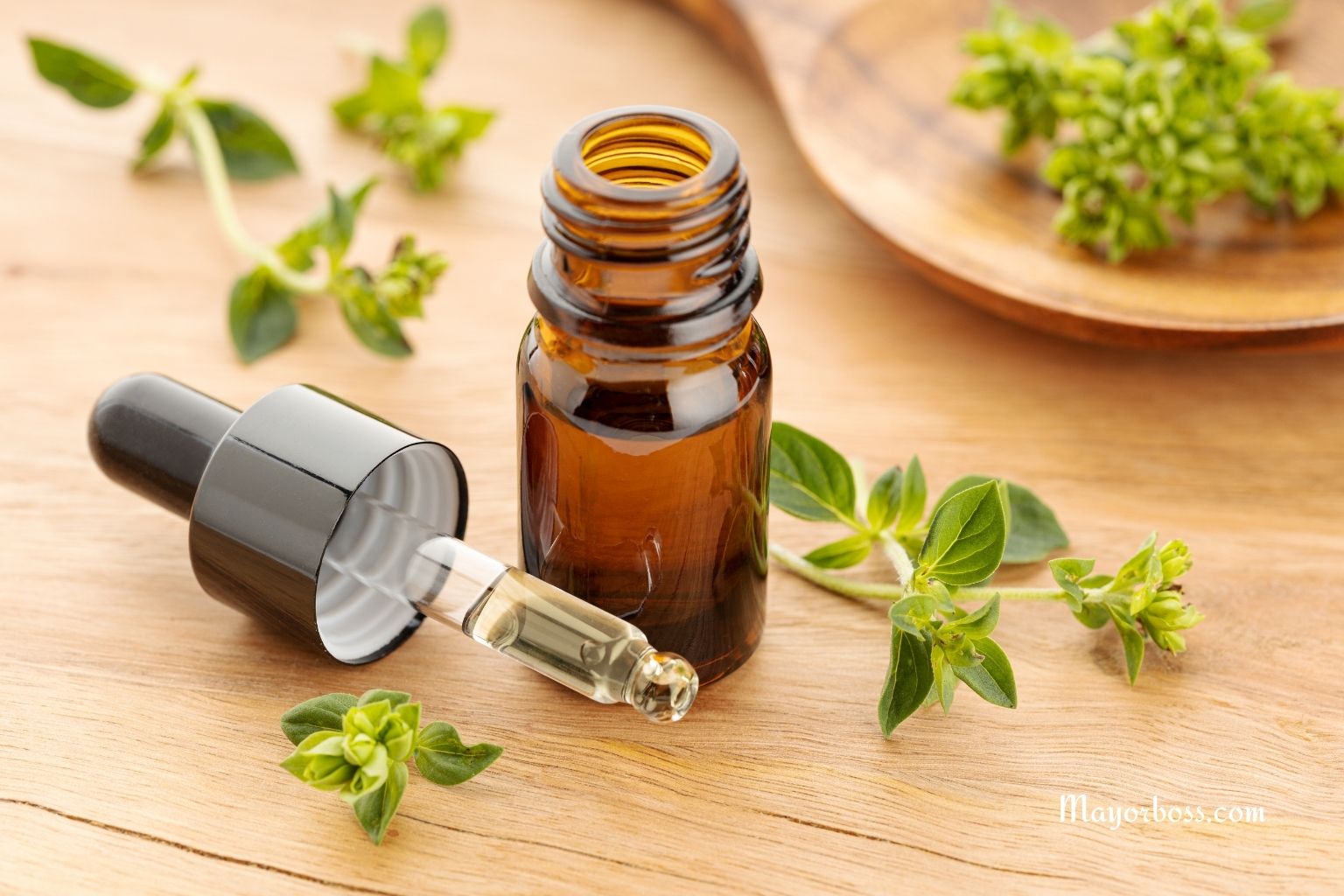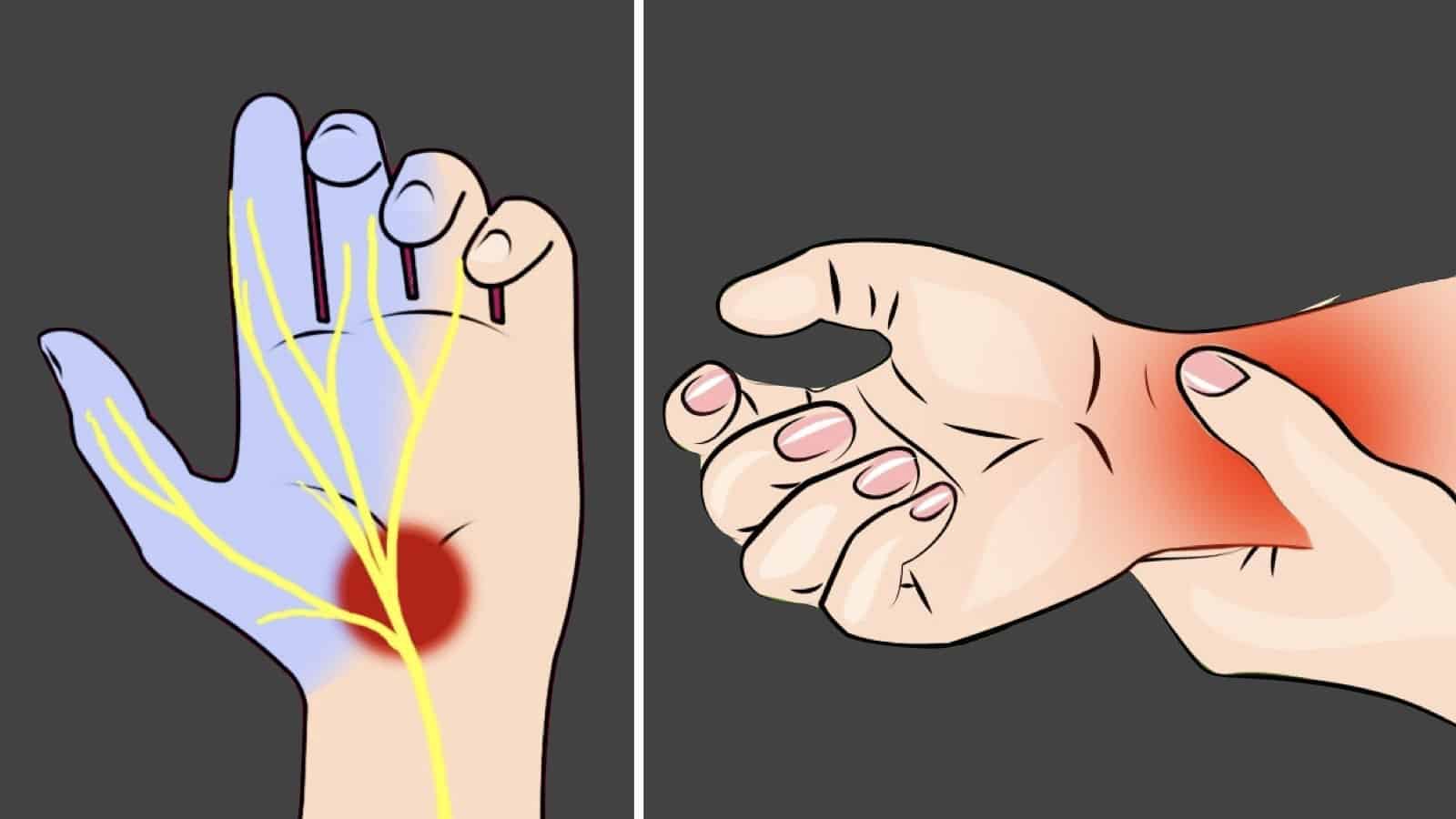Potential Side Effects of Oregano Oil
Oregano oil is a popular natural remedy used for its antibacterial, antifungal, and anti-inflammatory effects. Many people take it to fight infections, improve digestion, or boost the immune system. While it does have proven health benefits, oregano oil is powerful and can cause side effects if used incorrectly. Knowing the risks helps you use it safely.

Digestive Upset
The most common side effect is stomach irritation. Oregano oil is very concentrated, and when taken in large amounts, it can cause nausea, vomiting, or diarrhea. Some people also notice heartburn or cramping. Always dilute it before swallowing, and avoid using it on an empty stomach.
Allergic Reactions
If you are allergic to plants in the mint family, such as basil, sage, or thyme, you may also react to oregano oil. Symptoms can include a skin rash, itching, swelling, or breathing problems. If you notice any of these signs, stop using it and seek medical attention.
Skin Irritation
Applying oregano oil directly on the skin can lead to burning, redness, or a rash. This is because the oil is strong and irritating in its pure form. Always mix it with a carrier oil, such as olive oil or coconut oil, before applying it to the skin.
Blood Sugar and Blood Pressure Changes
Oregano oil may lower blood sugar and blood pressure. If you already take medication for diabetes or hypertension, using oregano oil could make your levels drop too low. This can lead to dizziness, weakness, or fainting. Talk with your doctor before combining oregano oil with these medicines.
Bleeding Risk
Oregano oil can thin the blood, which increases the risk of bleeding. This is especially important if you take blood-thinning medications, like warfarin, or if you are planning surgery. In these cases, oregano oil should be avoided.
Interactions with Medications
Because oregano oil affects the liver, it may interfere with how your body processes certain medications. This can make some drugs less effective or increase their side effects. If you take prescription medicines, consult your healthcare provider before using oregano oil.
Pregnancy and Breastfeeding Concerns
Pregnant women should avoid oregano oil because it may stimulate the uterus and increase the risk of miscarriage. There is not enough research to confirm its safety during breastfeeding, so it is best avoided during this time as well.
How to Use Oregano Oil Safely
- Always dilute it before use, whether taking it orally or applying it to the skin.
- Do not take it for long periods without medical guidance.
- Avoid it if you are pregnant, breastfeeding, or have bleeding disorders.
- Talk with your doctor if you take medications for blood pressure, diabetes, or blood thinning.
Used carefully, oregano oil can be a helpful natural remedy. But because it is very strong, it should be respected just like any medicine.
FAQs
1. Can oregano oil damage the liver?
In very high doses or with long-term use, oregano oil may affect the liver. Always use it in moderation and consult your doctor if you have liver disease.
2. Is oregano oil safe for children?
Oregano oil is too strong for young children and can cause irritation. It should only be used under medical supervision.
3. Can I take oregano oil daily?
Short-term use is usually safe, but long-term daily use may lead to side effects. It’s best to take breaks or use it only when needed.
4. Can oregano oil cause weight loss?
There is no strong evidence that oregano oil causes weight loss. Its main benefits are related to fighting infections and supporting digestion.
5. How do I know if I’m allergic to oregano oil?
Do a patch test first. Apply a small amount of diluted oil on your skin. If you notice redness, itching, or swelling within 24 hours, avoid using it.






